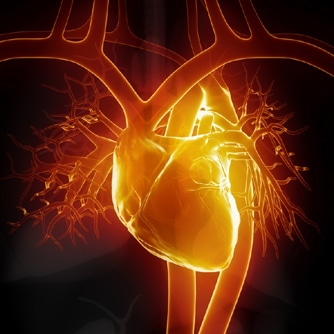New research has shed light on the underlying causes of age-related heart failure and may lead to the development of new treatment strategies for this extremely debilitating condition. A team of researchers led by Richard Lee and Amy Wagers of the Harvard Stem Cell Institute found that levels of a hormone known as growth differentiation factor 11 (GDF11) were significantly lower in old mice than they were in younger mice. The researchers treated the old mice with GDF11 injections in order to restore the hormone to youthful levels. Results showed that treatment with GDF11 reversed signs of cardiac aging – heart muscle cells became smaller, and the thickness of the heart muscle wall resembled that of young mice. “If some age-related diseases are due to loss of a circulating hormone, then it’s possible that restoring levels of that hormone could be beneficial,” said Wagers. “We’re hoping that some day, age-related human heart failure might be treated this way.”
Hormone Reverses Symptoms of Heart Failure
Francesco S Loffredo, Matthew L Steinhauser, Steven M Jay, Joseph Gannon, James R Pancoast, Pratyusha Yalamanchi, Manisha Sinha, Claudia Dall’Osso, Danika Khong, Jennifer L Shadrach, Christine M Miller, Britta S Singer, Alex Stewart, Nikolaos Psychogios, Robert E Gerszten, Adam J Hartigan, Mi-Jeong Kim, Thomas Serwold, Amy J Wagers, Richard T LeeSee. Growth differentiation factor 11 is a circulating factor that reverses age-related cardiac hypertrophy. Cell. 2013;153:828-839.




